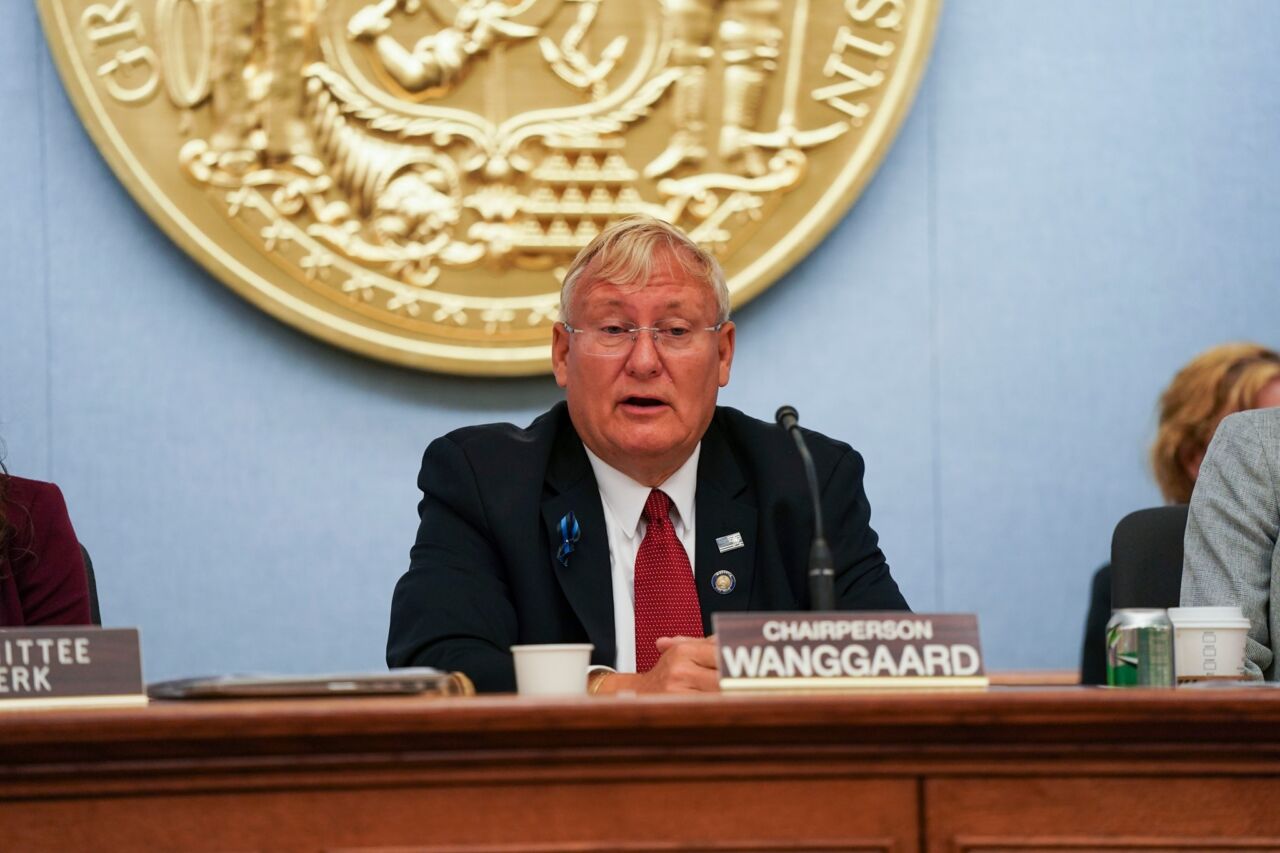Politics
Wisconsin lawmakers debate parole board transparency bill

MADISON, Wis. (AP) — Wisconsin’s embattled parole commission would be forced to open up meetings and post its decisions online under a plan two Republican legislators laid out Wednesday.
Republicans have heaped criticism on the commission after it decided to parole convicted murderer Douglas Balsewicz last May. He’d served 25 years of his 80-year sentence for fatally stabbing his wife Johanna Balsewicz in 1997.
The move outraged her family, who insisted they weren’t notified of the commission’s decision until only a few days before Douglas Balsewicz, now 55, was set to be released.
Rep. John Spiros and Sen. Van Wanggaard have introduced a bill that would mandate the commission follow Wisconsin’s open meeting laws — right now the commission is exempt from the statutes — and require the commission to post notice of meetings on the state Department of Corrections website.
The agency would be required to post the names of individuals granted or denied parole as well as monthly and annual totals. Commission agendas currently don’t list parole applicants’ names.
Other provisions in the bill would reinforce that victims have a right to speak at parole hearings. State law already provides that guarantee but the bill tightens the language.
“We oversee this. How do we know what to fix if we don’t know what the issues are?” Wanggaard told the Assembly Committee on State Affairs during a public hearing on the proposal. “We don’t even know the people they’re talking about.”
After Douglas Balsewicz was paroled, a slate of Republican candidates for governor demanded Democratic Gov. Tony Evers intervene.
The governor doesn’t have the power to unilaterally rescind paroles. But in the face of blistering GOP criticism and with the November election just months away, Evers met with Johanna Balsewicz’s family and afterward asked the commission chair, John Tate, to rescind the parole. Evers said at the time that the family didn’t get an adequate chance to respond.
Tate, an Evers appointee, complied and resigned weeks later, again at Evers’ request. He said in his resignation letter that no parole decision pleases everyone but he did his best to be fair. Evers picked former Democratic state Sen. Jon Erpenbach to replace him in January.
Committee Democrats said they’re concerned the bill would strip parole applicants of their privacy, opening them up to harassment.
“I’m a strong believer in if you’ve done your time the constitution gives you the right to be released (and) live without hassle or intimidation,” Rep. Christine Sinicki said.
Wanggaard countered that parolees haven’t finished their sentences and don’t have their full slate of rights. He added that state law would still allow the commission to discuss parole applicants’ histories and medical issues privately.
The Wisconsin Newspaper Association and the Wisconsin Professional Police Association have registered in favor of the bill, according to Wisconsin Ethics Commission records. No groups have registered opposition.
Rep. Rob Swearingen, the committee’s chair, said the panel could vote on the bill as early as next week. Approval would clear the way for a full Assembly vote.
A spokesperson for the governor, Britt Cudaback, responded to a request for comment by pointing to two sentences in the governor’s budget proposal that call for “clarifying the responsibilities” of the commission to notify victims’ families when a convict applies for parole and upon release.
The budget language does not elaborate and Cudaback didn’t respond to a follow-up message seeking more details.

